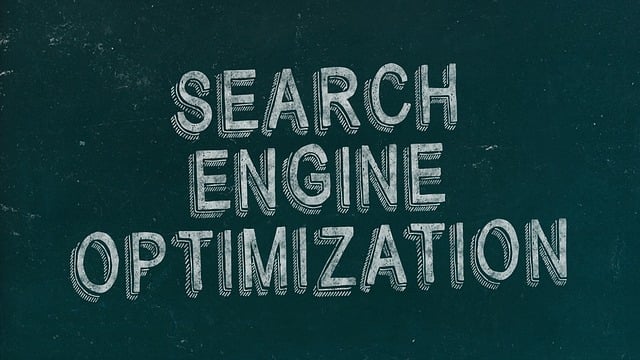AI systems for auto repair shops revolutionize operations by leveraging machine learning algorithms to predict maintenance needs, optimize scheduling, and manage inventory efficiently. This technology streamlines processes, reduces human errors, minimizes delays, and enhances customer satisfaction through proactive maintenance and precise resource allocation. By automating administrative tasks, AI frees up mechanics to focus on repairs and interactions, ultimately boosting shop productivity and cost-effectiveness.
In today’s competitive automotive industry, car shops are turning to AI systems for auto repair shops to gain a significant edge. By implementing intelligent strategies, these businesses can revolutionize their operations and boost productivity. This article explores three key areas where AI excels: workflow optimization, advanced diagnostics, and personalized customer experiences. Discover how automated administrative tasks, predictive scheduling, AI-driven CRM, and machine learning can transform car shop management, enhancing efficiency and customer satisfaction.
- Optimizing Workflow and Scheduling with AI
- – Automating administrative tasks
- – Predictive scheduling for efficient labor allocation
Optimizing Workflow and Scheduling with AI

AI systems can significantly optimize workflow and scheduling in car shops, streamlining operations and increasing efficiency. By leveraging machine learning algorithms, AI can analyze historical data to predict maintenance needs, schedule appointments more accurately, and allocate resources optimally. This ensures that parts, tools, and skilled technicians are available when needed, reducing downtime and wait times for customers.
For instance, AI-driven systems can identify patterns in vehicle servicing, allowing car shops to proactively manage their inventory and order parts in advance. This proactive approach minimizes delays and enhances the overall customer experience. Moreover, AI scheduling algorithms can adapt to changing demands, ensuring that the shop’s capacity is fully utilized while maintaining high service quality.
– Automating administrative tasks

In today’s digital era, car shops can greatly benefit from implementing AI systems for auto repair shops to streamline administrative tasks and enhance overall productivity. These intelligent systems are designed to automate repetitive and time-consuming processes, allowing mechanics and staff to focus on core repairs and customer interactions. By leveraging AI, auto repair shops can efficiently manage schedules, track inventory levels, and generate automated reports, thereby reducing human error and increasing operational efficiency.
For instance, AI chatbots can handle initial customer inquiries, providing quick responses about service appointments or part availability. Automated data management ensures accurate record-keeping of maintenance histories and work orders, making it easier to diagnose issues and provide tailored solutions. Additionally, AI systems can analyze historical data to predict common problems, enabling proactive maintenance and improving customer satisfaction.
– Predictive scheduling for efficient labor allocation

AI systems for auto repair shops can transform labor allocation by implementing predictive scheduling. These advanced algorithms analyze historical service data, parts inventory levels, and peak demand periods to optimize shop floor operations. By forecasting future workload, AI ensures that the right number of technicians are available at key times, minimizing wait times for customers and maximizing productivity.
Predictive scheduling also helps auto repair shops manage their resources more effectively. It allows for better planning of training sessions, inventory replenishment, and equipment maintenance, ensuring that all essential components are in place to handle any service request efficiently. As a result, AI-driven predictive scheduling enhances overall shop efficiency, reduces costs, and improves customer satisfaction.
AI systems offer car shops powerful tools to streamline operations and boost productivity. By automating administrative tasks and implementing predictive scheduling, auto repair businesses can optimize their workflow, allocate labor more efficiently, and ultimately enhance overall shop performance. Embracing these AI strategies is a step towards staying competitive in the modern automotive industry.
